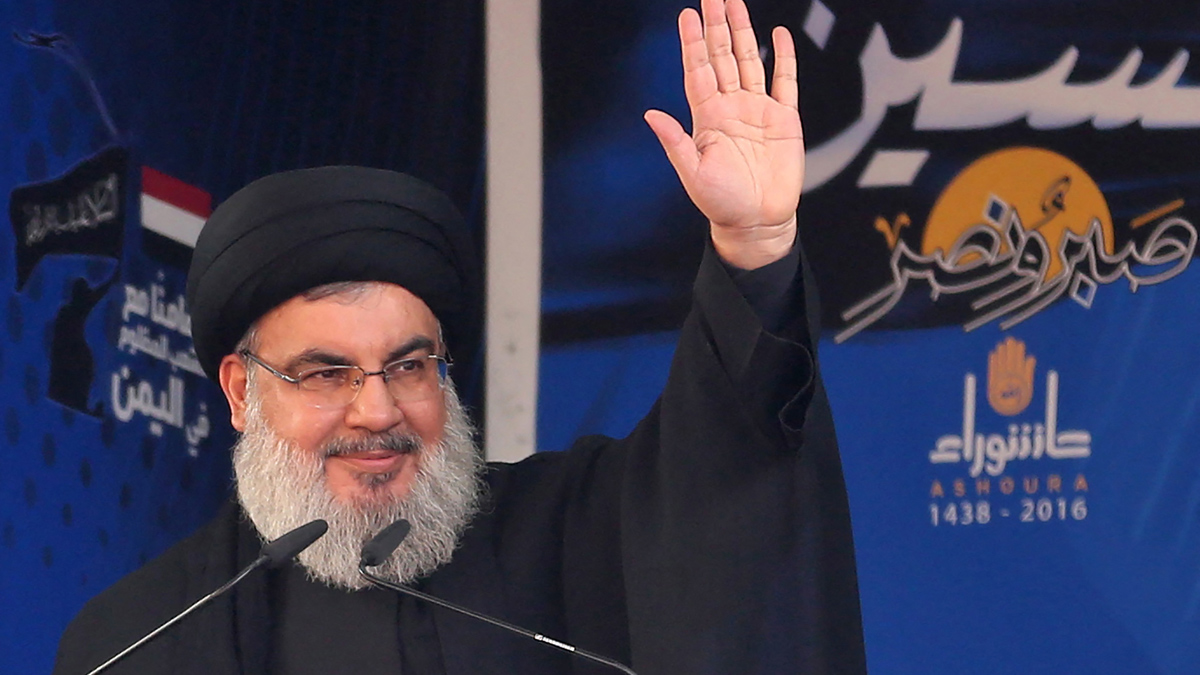With Hezbollah chief Hassan Nasrallah’s death in Israel’s Beirut strike, the militant group has suffered a major loss. Nasrallah played a significant role in transforming the Lebanese group into a military force with regional sway. Hezbollah is one of the most powerful paramilitary forces in the Middle East.
After the chief’s death, now the spotlight has fallen on Hezbollah’s second in command, Hashem Safieddine. With Israel intensifying its attacks on Hezbollah and its other commanders killed in the Beirut strike, choosing a successor has become a very complicated task for the militant group.
ALSO READ | Lebanon: Hezbollah confirms chief Hassan Nasrallah's death, vows to continue battle
Nasrallah became the head of Hezbollah in 1992 after his predecessor Abbas al-Musawi was killed in an Israeli air strike.
Who is Hashem Safieddine?
Safieddine is a cousin of Nasrallah and bears a striking resemblance to the slain leader. He currently heads the executive council of the militant group and oversees its political affairs. He also sits on the ‘Jihad Council’ which manages the military operations of Hezbollah.
Reportedly, Iran's first vice president Mohammad Reza Aref said the killing of Nasrallah will bring about Israel’s “destruction”.
"We warn the leaders of the occupying regime that the unjust bloodshed...especially of Hezbollah's secretary general, martyr Seyyed Hassan Nasrallah, will bring about their destruction,” Aref was quoted by Iran’s Isna news agency.
The Houthi movement in Yemen joined others in mourning the Nasrallah’s death and has vowed the “support will grow stronger and bigger”.
Iran's foreign ministry spokesman Nasser Kanaani said the strike was a "war crime" for which both Israel and the US should be held accountable.
Iraq's prime minister announced three days of mourning and said Israel has crossed "all red lines" through the killing of Nasrallah.
The US-France ceasefire proposal was to bring down the heat in the region and reduce the risk of the conflict spreading further across the Middle East. However, with Israel's intensifying attack on Hezbollah a wider Middle East war is looming.
Meanwhile, the Israel Defence Forces (IDF) spokesperson Daniel Hagari said Nasrallah was "among the biggest-ever enemies of Israel".
Israel's army is currently attacking Hezbollah infrastructure in Lebanon, said Hagari. “It’s not over, Hezbollah has more capabilities,” Hagari said, adding that the Israeli military remains at “peak alert around the clock.”
Hagari also added, "Our war is not with the Lebanese people, our war is with Hezbollah.”
As Hezbollah’s retaliation looms, In northern Israel more severe limitations remain in place, with gathering limited to 10 people in the open and 150 inside, and work and educational activities only allowed with shelter facilities at hand.


